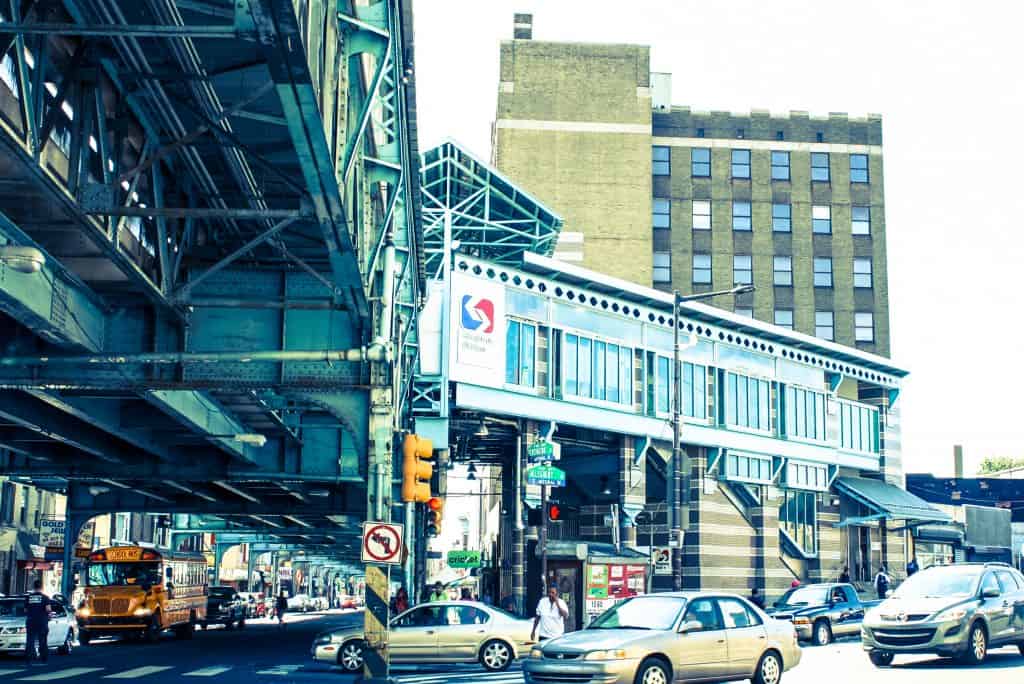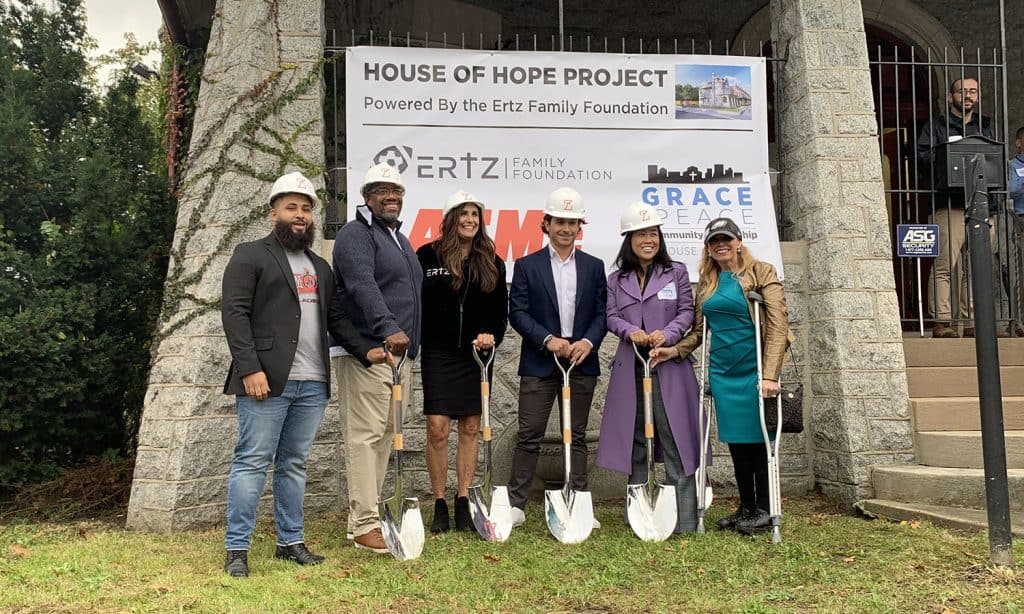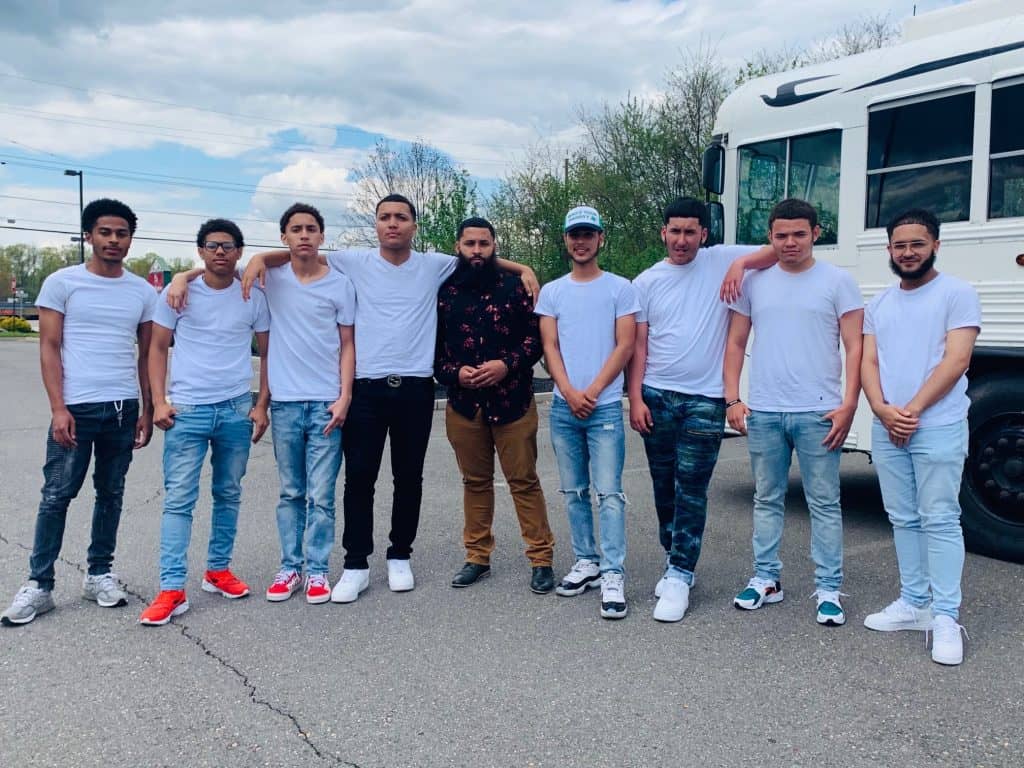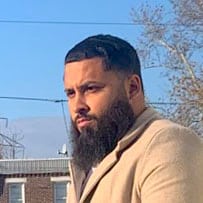
Every story has a beginning. Mine starts in Philadelphia, PA, in the Kensington and Allegheny section of the city. There I grew up in a rowhome with my mother, brother and sister where I learned the importance of strength, survival and self-reliance. Those were great values but we missed out on what a loving father looked like, how a man treated a woman, and what manhood looked like. With mom working all the time to provide for three kids and doing the best she could, we still struggled financially and didn’t have a lot of family time together or, for that matter, family dinner talks around the table. So naturally I adopted and practiced what my environment and community portrayed what a manhood should look like.
Kensington and Allegheny is a drug-infested neighborhood with many opportunities to sell drugs. We seem to have more drug dealers than individuals employed in our families, and when mom is struggling at home, it’s easy to go outside and start selling drugs. The older guys in the neighborhood quickly connect you to drug suppliers or hire you to work for them. And this went hand in hand with the anti-value of praising womanizers and thus creating more womanizers.
Growing up in my neighborhood, I found that success was measured by the clothes you wore, how many women you dated (having multiple ones at once) and bragging about how much cash you had on hand. I began to drift into those bad cultural habits as I began to sell drugs. I got in trouble at school and caught a drug case because I didn’t have a father figure present in the home or a mentor walking side by side with me when I needed it the most. However, even with all of those bad things happening it wasn’t too late for me. One of my best friends introduced me to a faith-based flag football league, and since I loved sports, I decided to join the league.
The league was called Timoteo Sport, and I instantly fell in love with it and began to feel alive on Saturdays (our gameday). It was the best thing in my life. Every Saturday we would head to the park, and the atmosphere was so different. There were men there teaching young guys how to speak, how to behave, how to treat women, and what the Bible stood for when it came to true manhood. These men then began to shower us with love and grace; they introduced us to their families and invited us to their homes. Those were the moments we were able to experience firsthand how a man should treat his wife, how it was good to show emotions, and how to truly care for one another as a brotherhood.
Timoteo Sports introduced me to a new life, a new way of thinking, a new way of surviving, and a new way of behaving. Through Timoteo Sports my relationship with Christ and my knowledge of the Bible exceeded the expectations I had. Timoteo provided mentors in my life and father figures who helped me obtain my driver’s license, fill out my first FAFSA (no one in my family knew what that was at the time), open up my first bank account, and purchase my first home. Timoteo is more than sports, they’re a big brother when you need one, a father when you need one, a counselor when you need one. Timoteo is a safe haven for many youths and their families. Timoteo has helped me and many of my friends look at life and community differently. I have been able to change the narrative of my life, and some of my friends and I now want to give back to our community and create stakeholders in our community. We who are from the community desire to give back to that same community, which is beginning to create a generational change, and breaking cultural barriers.

(Editor’s note: Timoteo Sports–https://timoteosports.org–started in 2004 as a grassroots mentoring ministry of community Christians in Kensington, Philadelphia, around flag football and later basketball. It was recently awarded an Anti-Violence Community Expansion Grant from the City of Philadelphia, and the Ertz Family Foundation has partnered with Timoteo on “The House of Hope,” where mentor programming and training will take place–see https://www.ertzfamilyfoundation.org/houseofhope/.)

